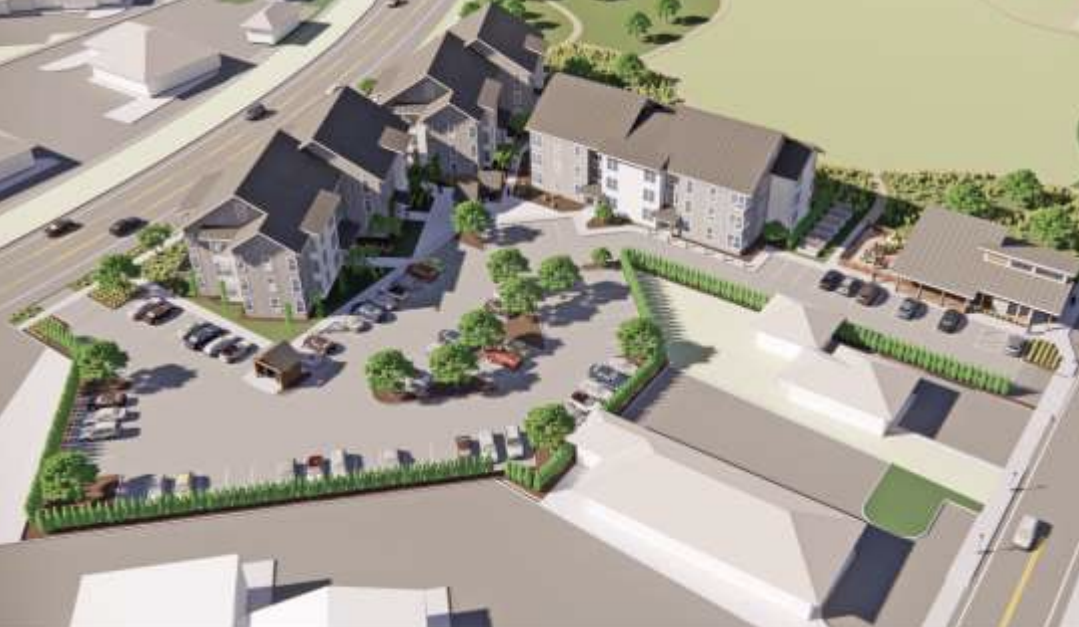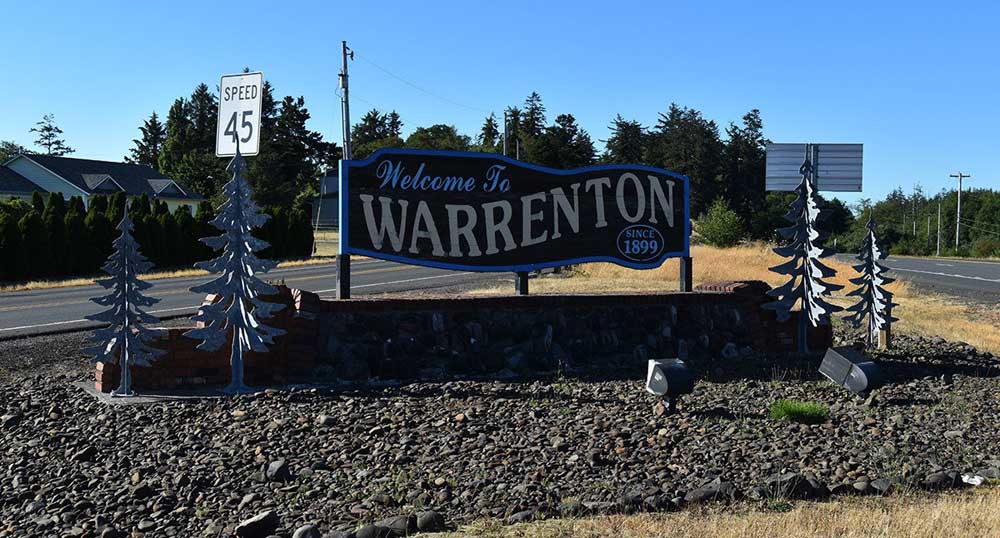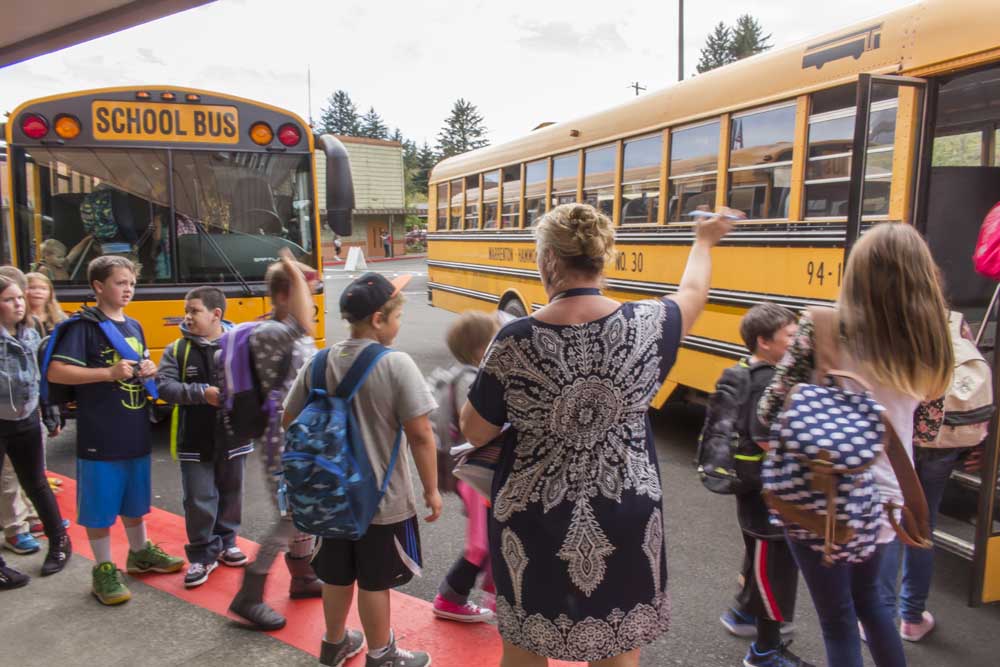Bus funds wheel rural people together
Published 4:40 am Thursday, December 31, 2015

- Rich Evans, Pacific Transit director
LONG BEACH, Wash. — Pacific Transit bus 24 left the Port of Ilwaco at 6:50 a.m. Monday to take the morning’s first group of travelers into Astoria. In Pacific County, people without access to a vehicle have to rely on the transit system as their only option to travel outside their communities.
Pacific Transit received nearly $2 million in grants this year as a part of Connecting Washington — a new transportation package the state Legislature approved to support rural public transportation. The package is expected to give $16 billion to public transit over the next 16 years.
Rich Evans, director of Pacific Transit, said customers only pay for a sliver of the company’s cost.
“It’s very, very good news the state is focusing on this because we operate off of grants,” Evans said. “Every two years we have to beg the Legislature for money and this removes some of that pressure.”
He said roughly half of the transit’s operational funding comes from state and federal grants and the majority of the remaining revenue comes from a three-tenths sales tax from the county.
Larry Vaughn, 53, flagged the bus down outside his Seaview, Washington, home just before 7 a.m. with a flashlight in one hand and a cane in the other. Vaughn began riding the bus seven years ago after he discovered he had degenerative disc disease and decided to sell his car.
“The bus is the only way I can get to my doctor appointments,” Vaughn said. “Plus, it fits with my financial lifestyle these days.” He paid $1 to travel to Astoria and back.
Gayla Walsh, a communications officer for the Washington State Department of Transportation, said there’s been an increased effort in recent years to create reliable transportation throughout the state.
“Within rural areas, people have longer distances to travel for services or goods,” Walsh said. “And for people who don’t have access to a car, or have a disability or some sort, that can be really hard.”
Pacific Transit most recently received more than $52,000 as a part of a vehicle replacement project and $250,000 to support its rural public transportation service.
The status quo
After the bus pulled into Astoria Monday morning, Vaughn headed to McDonald’s before his doctor’s appointment to pick up a breakfast sandwich.
“This bus gives me a sense of normality,” Vaughn said. “I have the freedom to go to breakfast and then head to my appointment without relying on anyone but the bus driver.”
As the bus turned back onto the peninsula a half hour later, a family of three flagged down the driver. The dad was off to work in Chinook and the mom and son were traveling to South Bend to visit family for Christmas.
Evans said Pacific Transit’s bus routes depend on people’s needs. The system is unique because it crosses state borders to get passengers to other transportation options that can take them to destinations like Portland, he said. The organization also works with other county public transits to close some of the coverage gaps for customers.
He said Pacific County’s ridership has been consistent, so there hasn’t been a recent reason to increase or change the transit’s service.
“Honestly, we just expect to maintain the status quo,” Evans said. “The revenue we see right now allows us to do just that.”
He said if the need grew, Pacific Transit would have to begin looking for more grants.





